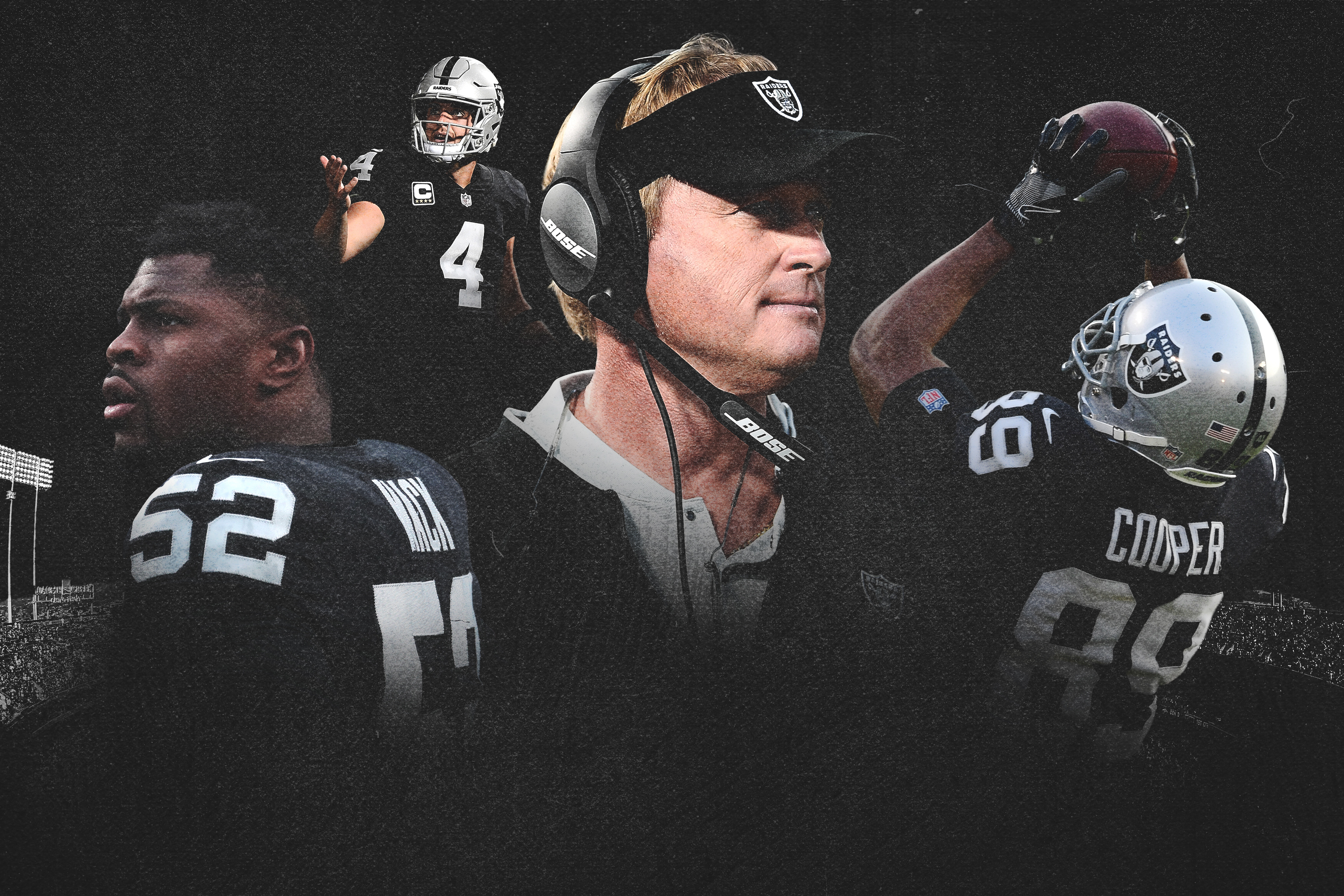Psychology has a significant impact on the wagering industry. This is true as it includes the intricate interaction of emotions, cognition and decision-making. To comprehend the psychology of betting, we must explore the thoughts, motives, and underlying causes of risk-taking behaviors. Psychological phenomena such as cognitive biases, emotional impacts and risk perception significantly influence betting decisions.
Examining the psychological components of gambling can help us understand why certain people are more likely to engage in problem gambling behaviors while others maintain acceptable gambling habits. It also helps bettors make informed decisions and take advantage of various sportsbook promos responsibly. This will ensure a safe and entertaining betting experience.
Understanding risk perception
In the realm of betting, risk perception heavily influences how gamblers approach wagering decisions. As individuals have different perspectives, they also assess and manage risks differently based on cognitive processes and personal experiences. Some may be risk-averse, preferring safer bets, while others may embrace risk, seeking higher rewards. Therefore, factors like past outcomes, social influences and emotional states can skew risk perception, leading to suboptimal betting choices.
Regulators can tailor interventions to enhance risk literacy and mitigate the potential harms of excessive risk-taking in betting environments and overall promote responsible gambling habits by grasping a gambler’s perception. Similarly, gamblers can make more informed and balanced decisions by recognizing the complexities of risk perception.
Cognitive biases in betting
On the other hand, inherent mental shortcuts and cognitive biases can result in deliberate mistakes in judgment and decision-making. These biases greatly influence how gamblers evaluate information and choose which bets to place when it comes to betting. For instance, overconfidence in wagers can result from biases like confirmation bias when people favor evidence that supports their prior opinions. Similarly, availability bias might cause bettors to rely on readily available information while overlooking critical data.
This important information on cognitive bias’s influence sheds light on why bettors sometimes make irrational and suboptimal decisions. Recognizing these biases can empower bettors to engage in more reflective and evidence-based betting, ultimately enhancing their overall betting experience.
Emotional influences on wagering
Emotions are powerful drivers of behavior in sports betting, significantly influencing betting decisions and outcomes. Positive emotions like excitement and euphoria can lead to overconfidence and impulsive betting choices. Conversely, negative emotions, like fear and anxiety, might trigger risk aversion or chasing losses.
Understanding the role of affect in sports betting allows us to grasp the intricate connection between emotional states and betting behaviors. Also, bettors’ emotions can be to their advantage if they understand how it influences decision-making. This will help them make more rational and responsible betting choices.
Chasing losses and the gambler’s fallacy
Conversely, the phenomenon of chasing losses and the gambler’s fallacy are behavioral patterns that define unresponsible betting. Chasing losses occurs when bettors attempt to recoup previous losses by making larger and riskier bets, potentially spiraling into a cycle of increasing debts. The gambler’s fallacy is the erroneous belief that previous outcomes influence future results, leading to irrational betting choices.
Understanding these behavioral patterns is essential in addressing problem gambling. Bettors must be aware of the psychological traps that chasing losses and the gambler’s fallacy pose and adopt responsible gambling strategies to break these patterns. For operators, implementing tools that encourage self-awareness and self-control can mitigate the negative impact of these behavioral tendencies.
Responsible gambling and self-Control
Lastly, responsible gambling practices and self-control are the cornerstones of a safe and sustainable betting environment. For bettors, setting limits on time and money spent on betting can help prevent excessive gambling behaviors. Self-exclusion programs and cooling-off periods offer additional safeguards for those at risk of developing problematic betting habits.
Operators play a vital role in promoting responsible gambling by providing information about the risks associated with betting and offering support resources for players. Identifying and executing responsible gambling tools, such as deposit limits and reality checks, can empower bettors to maintain control over their betting activities.







